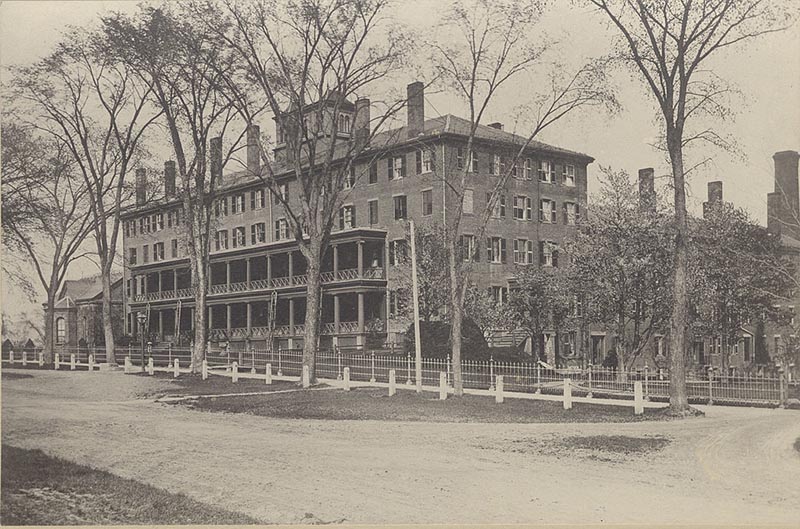
A Second Project from Hedgehog to Fox and Back
Editor’s Note: This is the fourth entry in the Second Project Series. This series explores an often undiscussed moment in professionalization: the shift from the research you began as a graduate student to the new work undertaken as an early- or mid-career scholar. This series is especially interested in personal journeys and institutional features that enabled or constrained this transition. If you are interested in contributing, please contact Lisa. Almost a decade ago, I presented a dissertation outline to my graduate advisor. Scanning the page with rising incredulity, she decreed, “Well, it looks like a great book, but it’s not a dissertation.” Such encounters transformed my protean liberal-arts-trained being into someone who could play the hedgehog-like scholar (Berlin 1953). In his classic essay on The Hedgehog and the Fox, philosopher Isaiah Berlin distinguishes the hedgehog, whose work builds one big idea or program, from the fox, who chases diverse ideas without subordinating them to a core claim. Hedgehogs: Dante, Plato, Proust. Foxes: Shakespeare, Aristotle, Joyce. We trickster-loving anthropologists may fancy ourselves foxes. But writing a dissertation reads as consistent with hedgehog culture and personality. The dissertation or dissertation-based book assembles ideas into an edifice, into one Idea. Foxes may lean more toward article-production. Berlin knew, of course, that the distinction was overdrawn. We’re all a bit of both. And, when I completed the dissertation and began to experience the academic job market, I had to learn, once more, when to play the fox and when to play the hedgehog. (read more...)

